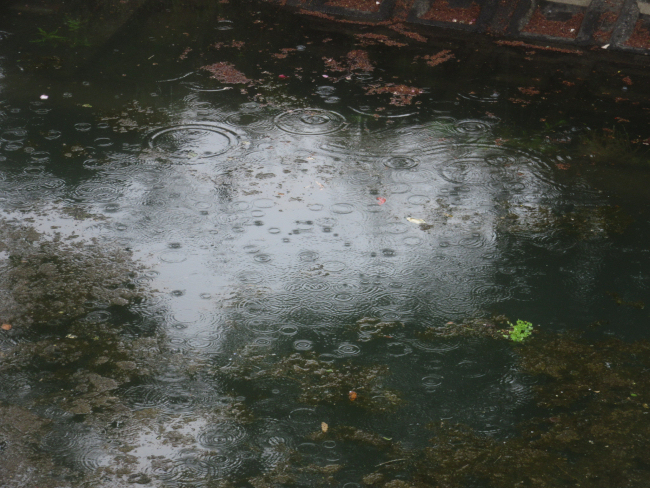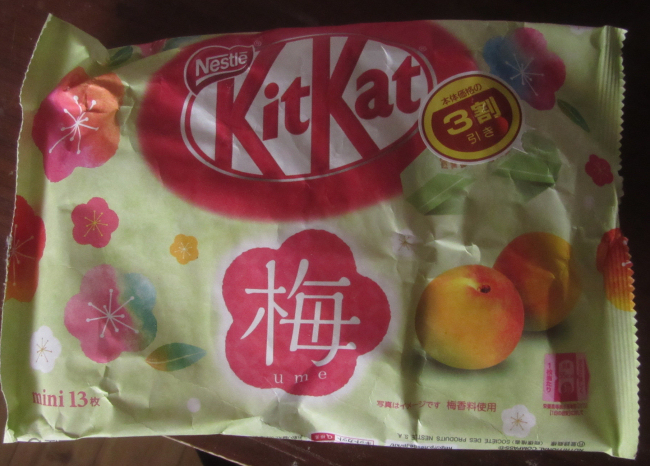
The finale of The Falcon and the Winter Soldier came last night with a few nice qualities but, overall, it left me feeling empty.

I like Sam's (Anthony Mackie) Captain America costume. The shoulder pads look cool and something about all of the white on it reminds me of Elvis Presley. I don't understand the open spot on the top of the head, though, particularly since, whenever I'd see Falcon flying around, I'd often think, "Shouldn't he be wearing a helmet?" It's weird that he'd cut out a part of the Captain America costume that seems like it would be especially useful for him.
I guess the suit was made in Wakanda. Yet another American product that had to be outsourced to overseas labour.
The action scenes were cool, though, especially when he was flying around the helicopter.

Still, it can't quite make up for the fact that the writing is a mess. I'm okay with the fact that Karli's (Erin Kellyman) goals weren't very clear--Sam even puts it to her point blank in the episode--what does she hope to accomplish? That's normal with terrorists. They know how to do big violence, but they're not so good at being constructive. But there's an overall vagueness about what's going on. It makes the speech at the end embarrassing--the senator points out how complicated the situation is and, to Sam's credit, he says the guy's right. So what was the point of his speechifying, though? He talks about how feeling powerless should give the senators perspective. That may be true but we really needed to see how that applied. We saw refugees but it was never really clear what their stories were.
Sam chides the group of officials for using the word "terrorist". Is "terrorist" politically incorrect now? Didn't we just use it in January to describe the Capital Hill mob? What do we call people who use violence for the purpose of inspiring terror, then? People Who Terrorise?
Sam actually mentioning that he's adopting the Captain America title without being a super soldier is a little awkward. It's hard to give him points for that when he's doing things that aren't humanly possible anyway. The normal result of putting a man between a jet engine and a falling van is not what we saw on the show.
I just to-day learned there was a whole pandemic subplot that had to be cut from the series due to its resemblance to Covid. I guess it may explain a lot of the sense of vagueness on he show. I'm not sure it accounts for all of it.

How does it help the old guy for Bucky (Sebastian Stan) to tell him that he killed his son while he was brainwashed? Maybe it grants some kind of closure, I don't know. It kind of felt like the Ben Horne plot at the end of season two of Twin Peaks, though, when it suddenly becomes clear that Horne's crusade to tell the truth at all costs isn't always such a good idea--and may be more about his own selfish need to feel good about himself. That said, it's kind of funny the final title card for the show says "Captain America and the Winter Soldier", honouring Sam's new identity but reminding us we're never going to let Bucky move beyond his past.
I feel absolutely nothing about Sharon (Emily VanCamp) being the Power Broker. Sharon herself never developed a strong enough hold on my interest and what, exactly, the Power Broker was up to was never terribly clear.

John Walker (Wyatt Russell) taking on the title of US Agent, used by his comic book counterpart, wasn't bad and I like that he remained a morally ambiguous character in the end. I wonder if the part where he quoted Lincoln was written before or after Lincoln was cancelled.
The series also suffers for me personally because I watched Captain America: The Winter Soldier again last week. My God, what a tightly constructed, brilliant action film it is. And how refreshing it was to watch a movie that didn't assume I was stupid. How sexy is Black Widow in that movie? It's hard to believe that was only seven years ago. It made me reflect on how the MCU has diminished in quality since Disney bought Marvel. Thor: Ragnarok was great and the Guardians of the Galaxy movies are good but Black Panther, Avengers Infinity War, Endgame, and Spider-Man: Homecoming were just okay. Ant-Man 2, Captain Marvel, the first Doctor Strange, and Spider-Man: Far from Home were completely dull and lifeless. Now The Falcon and the Winter Soldier is another one dead on arrival. I mean, as a TV show, it's okay, but it has the budget and expectations of a movie. I guess it's good on Disney they can experiment with that kind of money.
And I will say, in retrospect, I like the risks taken by WandaVision a lot more, even if there are still aspects of it I really didn't like. Hopefully the upcoming Loki will be more in that vein.




















































